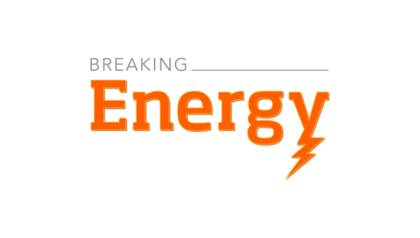 British Petroleum one of the largest energy companies in the world has accused Monroe Energy of wrongfully terminating a crude supply contract in 2016. According to the federal court filings by the oil company BP claims Monroe’s actions cost BP at least $59 million in damages. In a lawsuit filed in the U.S. District Court in Southern New York BP claims that Monroe Energy terminated the contract after misinterpreting a provision regarding the blending of crude oils.
British Petroleum one of the largest energy companies in the world has accused Monroe Energy of wrongfully terminating a crude supply contract in 2016. According to the federal court filings by the oil company BP claims Monroe’s actions cost BP at least $59 million in damages. In a lawsuit filed in the U.S. District Court in Southern New York BP claims that Monroe Energy terminated the contract after misinterpreting a provision regarding the blending of crude oils.
In August of 2014 Monroe signed a three-year contract with BP to supply the company’s refinery outside Philadelphia with 185,000 barrels of oil per day. The crude oil was to be provided from either the Eagle Ford or Bakken shale fields. The lawsuit states that Monroe agreed to pay $8.35 above the U.S. benchmark price for oil originating from Eagle Ford and $7.35 above the benchmark for deliveries from Bakken.
In the first months of the deal this contract was favorable for Monroe when U.S, crude sold at a wide discount against the global benchmark. However, this changed in the latter months of 2015 when the spread narrowed significantly and as a result East Coast refiners began to find global crude more attractive. The combination of increased supply from markets in the U.S. and beyond combined with falling oil prices have affected companies throughout the energy sector and beyond.
In June of 2016 Monroe informed BP that it was severing the contract. Monroe alleged that BP was intentionally blending batches of the Eagle Ford crude that did that did not meet the API gravity grade the contract required. For its part BP said the agreement contained no language that would bar it from mixing grades of crude oil originating from the same field. Further BP states it has only followed standard industry practices by blending batches of Eagle Ford crude from different wells.
In the federal court filings BP claims that Monroe violated the terms of the contract by using gravity figures measured at the docks in Texas rather than at the point of delivery which is what the contract required. Further, BP said Monroe never informed the company about it’s complaints that the delivered crude was not in compliance. In the filing, BP states that Monroe’s allegations were nothing more than a shallow pretext for ending a contract that was no longer to its benefit.
Monroe’s allegations mark the second time in last two years that BP has been accused by a refiner they have worked with of supplying lesser-grades of crude oil. NARL Refining alleges that BP was supplying the company’s refinery in Newfoundland Canada with crude oil which was damaging to the refinery’s processing equipment. The two companies are currently in the midst of a heated arbitration battle over these allegations.
This dispute brings two of the worlds largest companies at odds in court. Monroe Energy was created in 2012 as a subsidiary of one of the world’s largest commercial airliners Delta Air Lines, which is the world’s largest consumer of commercial airline fuel.
This breach of contract spills some trouble for BP, but also reminds producers and consumers that oil still plays a major part in activities around the world.
